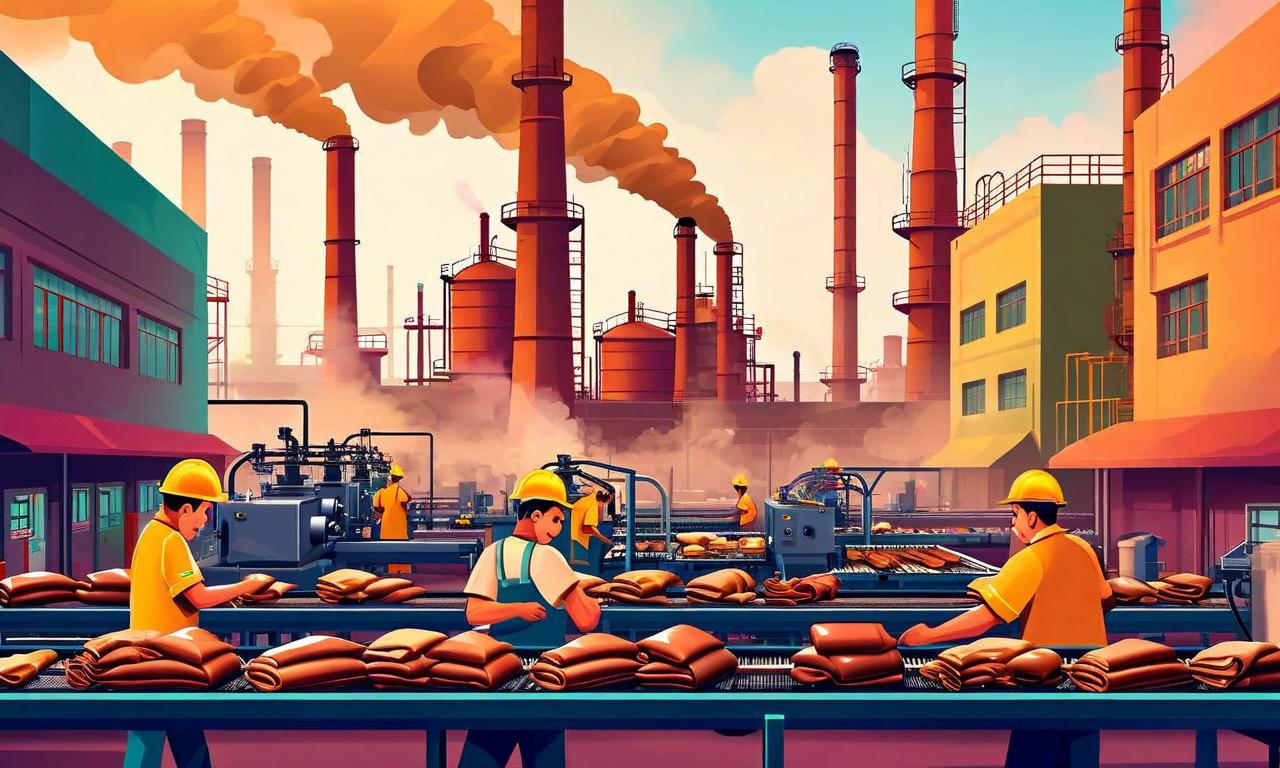Trump Adviser Criticizes Modi's Alignment with Xi and Putin at SCO Summit
Peter Navarro, a trade adviser to Donald Trump, expressed concern over Prime Minister Narendra Modi's display of unity with Chinese and Russian leaders at the SCO summit. Navarro called Modi's actions 'troublesome' and urged India to align with Western nations instead. He also called for India to stop purchasing Russian oil. The US has imposed 50% tariffs on certain Indian imports, including a 25% levy on Russian oil purchases. India has defended its actions, citing national interest and market dynamics, and labeled US tariffs as 'unjustified and unreasonable'.

*this image is generated using AI for illustrative purposes only.
In a development that highlights the growing tensions in India-US relations, Peter Navarro, a trade adviser to Donald Trump, has expressed concern over Prime Minister Narendra Modi's recent display of unity with Chinese President Xi Jinping and Russian President Vladimir Putin at the Shanghai Cooperation Organisation (SCO) summit in Tianjin.
US Concerns Over India's Geopolitical Alignment
Navarro described Modi's actions as "troublesome," stating that it was disconcerting to see the leader of the world's largest democracy aligning with "the two biggest authoritarian dictators." The Trump adviser emphasized that India should instead align itself with Washington, Europe, and Ukraine, particularly in light of the ongoing conflict in Eastern Europe.
Call to Stop Russian Oil Purchases
A key point of contention in Navarro's statement was India's continued purchase of Russian oil. He explicitly called for India to cease these transactions, which have become a significant issue in India-US relations since the onset of the Ukraine crisis.
Strained India-US Trade Relations
The comments come against a backdrop of increasingly strained trade relations between India and the United States. The Trump administration has taken several measures that have impacted bilateral trade:
- Imposition of 25% reciprocal tariffs on India
- An additional 25% levy specifically targeting Russian oil purchases
- The combined duties now total 50% on certain Indian imports
India's Response
India has not remained silent on these issues. The Indian government has:
- Labeled the US tariffs as "unjustified and unreasonable"
- Defended its Russian oil purchases, citing national interest and market dynamics
- Emphasized that Russia has become India's top energy supplier following Western sanctions on Russian crude after the Ukraine invasion
Geopolitical Implications
This situation underscores the complex geopolitical landscape India is navigating. As a major democracy and emerging economic power, India finds itself balancing relationships with various global players, including the United States, Russia, and China. The criticism from Trump's adviser highlights the challenges India faces in maintaining its strategic autonomy while managing its crucial partnership with the United States.
The ongoing debate over India's oil purchases from Russia and its participation in forums like the SCO alongside China and Russia reflects the broader tensions between India's historical non-alignment policy and the increasing pressure to take sides in a polarized global order.
As these developments unfold, the international community will be closely watching how India manages its diplomatic and economic relationships, particularly with the United States, in the face of these criticisms and trade pressures.

























